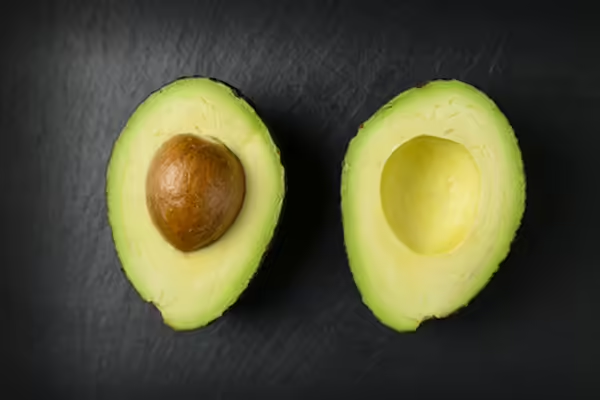
URBANA, Ill. – When avocados were first recognized as a nutrient-dense superfood for humans, consumption skyrocketed. Today, consumers buy and eat the fresh fruit (hello, avocado toast), purchase pre-packaged guacamole, cook with avocado oil, and more.
The trend means there are now more avocado-derived products in the supply chain than ever. In a unique study, University of Illinois researchers looked at the possibility of using avocado meal – the ground, dried, and defatted pulp, seed, and skin left over after avocado oil processing – as a fiber source in dry dog food.
Wait, aren’t avocados toxic to dogs?
A simple Google search turns up scads of sources warning against the potentially harmful effects of avocados for pets, placing blame on a compound called persin in the fruit. But Maria Cattai de Godoy, who led the project, says the claims about avocado toxicity are overblown. As for avocado meal, Godoy couldn’t find detectable levels of persin in the product. And best of all? Avocado meal is also palatable and a functional fiber source in canine nutrition.
“Being from Brazil, avocados grow in our backyards. They fall on the ground, and if dogs get hold of them, they eat them. Just like they do with mangoes, bananas, or any other fruits that grow natively in our country. I'd never heard of a dog dying from eating an avocado, so I was really curious why they were considered toxic here,” says Cattai de Godoy, associate professor in the Department of Animal Sciences at U of I.
“When you look at the literature for avocado toxicity, all that exists are a few case studies. Dogs reported to have a fondness for avocado showed some signs of toxicity, but the case reports couldn’t prove avocados caused those symptoms. There are a lot of uncontrolled factors in these cases.”
When she looked into it, Cattai de Godoy couldn’t find direct evidence showing cause and effect of persin toxicity in dogs. Few studies detailed where persin was most concentrated in the avocado plants and fruits, and not a single study explored whether it was found in avocado meal.
It was time for some answers.
Cattai de Godoy teamed up with David Sarlah, associate professor in the Department of Chemistry at U of I. They were able to look more closely at the chemical structure of persin, and realized why they couldn’t find it in the dried, processed meal.
Read more from the College of Agricultural, Consumer & Environmental Sciences
